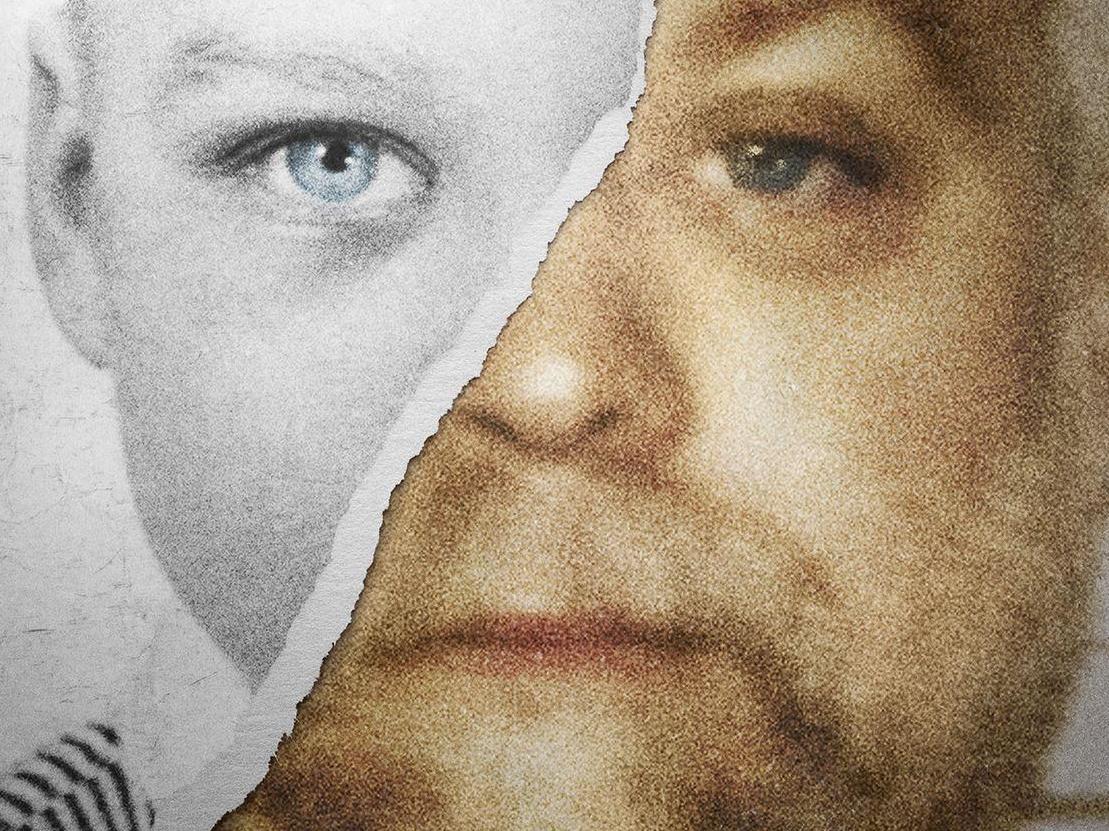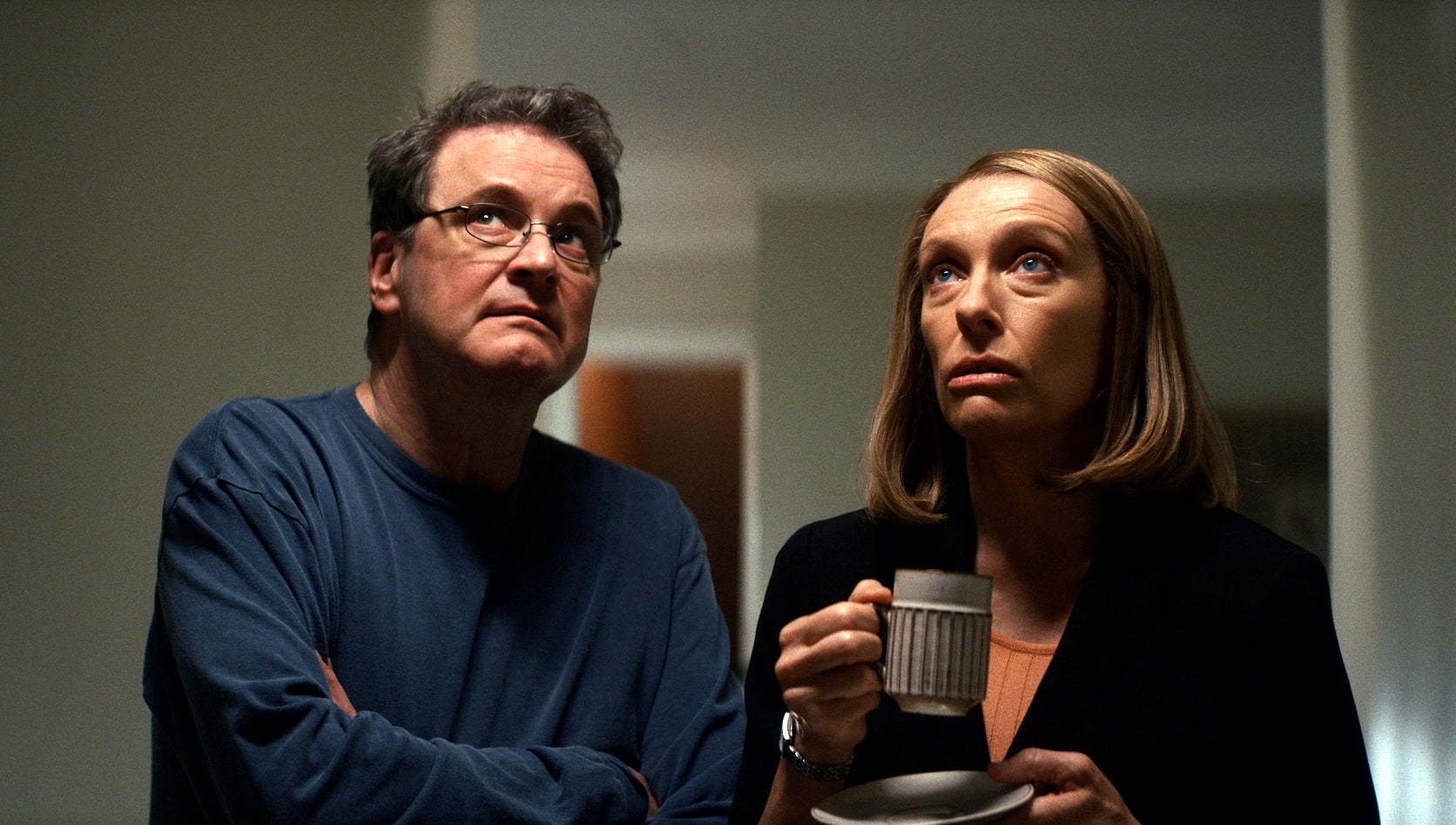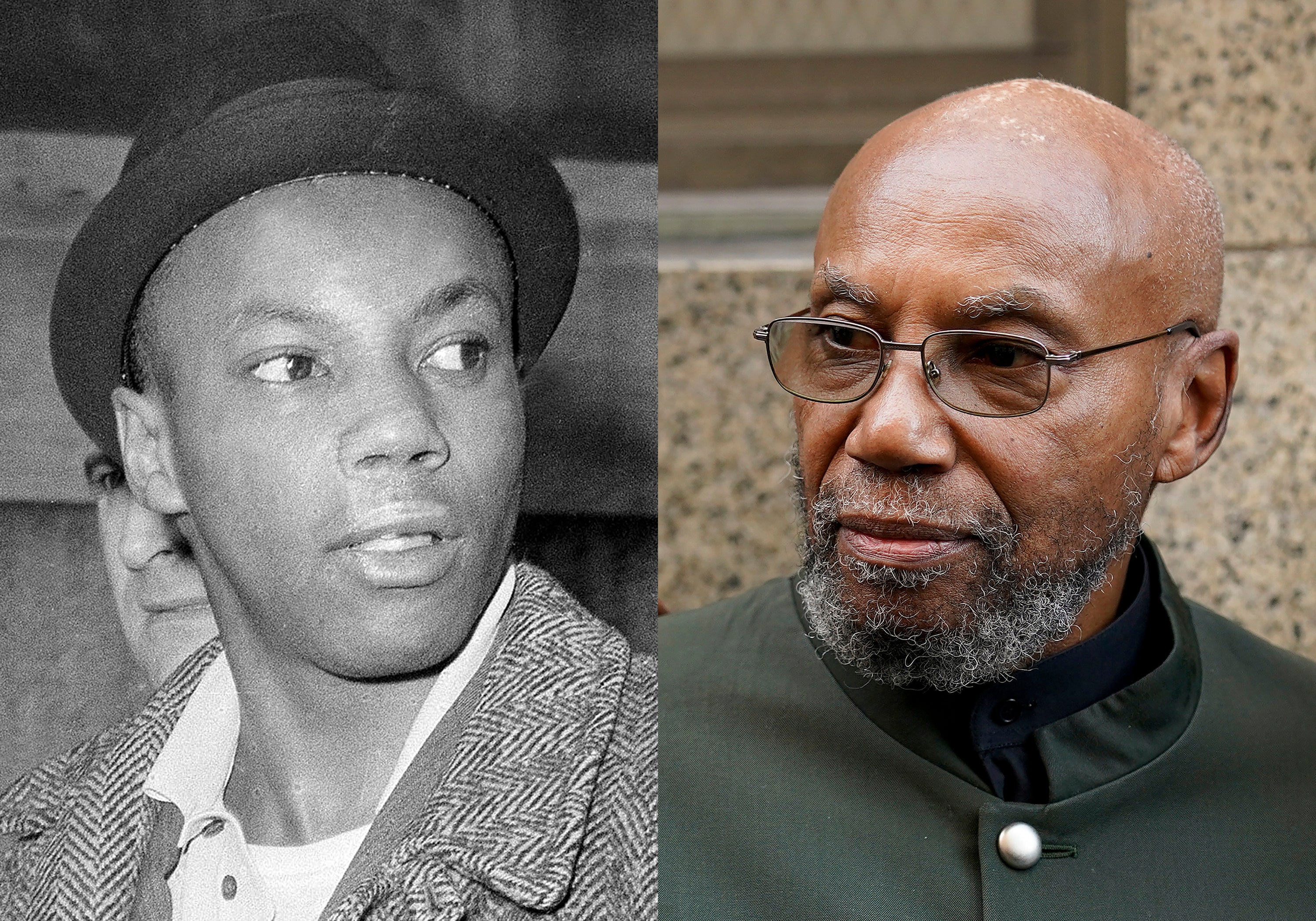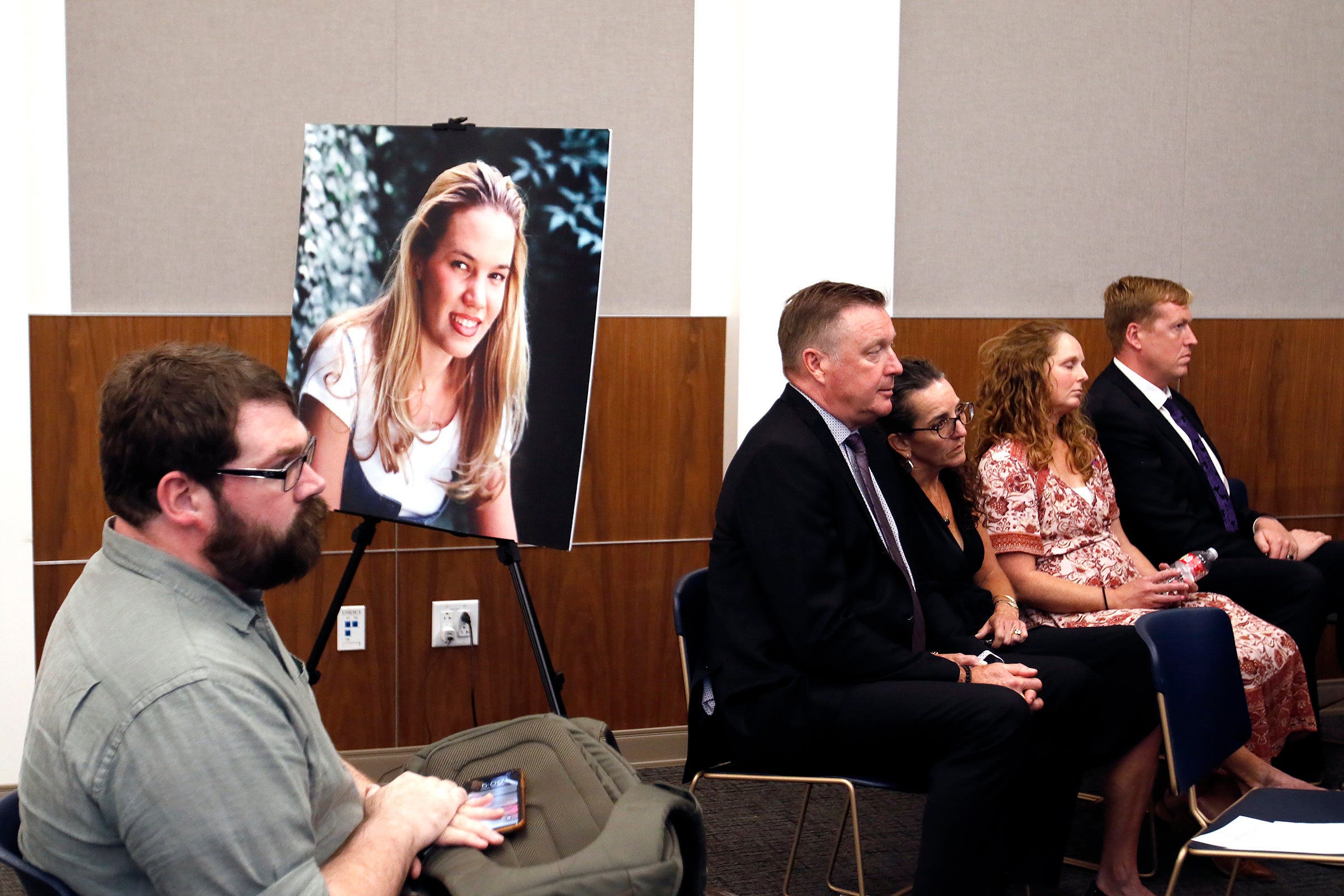
A young girl who was abducted in Illinois six years ago was found this week after someone recognised her from Netflix’s show, Unsolved Mysteries.
Believe it or not, this is far from the first time that a true crime series has helped solve a real-life case. Documentaries are able to bring renewed attention to cold cases – unsolved criminal investigations – which can sometimes bring new evidence to light.
Unsolved Mysteries creator Terry Meurer previously told TheWrap that during its original 23-year run, the series helped solve over 260 cold cases. The series ended in 2010 before being rebooted by Netflix in 2020.
Other times, the effects of a documentary on a criminal case are more direct. Read below for 11 occasions when true crime series affected the cases they were based on.

Unsolved Mysteries: Abducted by a Parent (2022)
On Tuesday (16 May), it was revealed that Kayla Unbehaun had been found safe six years after she’d been abducted by her mother.
Her story was featured in season 16, episode nine of Netflix’s Unsolved Mysteries series, titled “Abducted by a Parent”. After an age-progression photo to show how Kayla may look now was released, an unidentified store owner in North Carolina spotted Kayla, now aged 15. She had recognised her from the Netflix show, reported WSOC. "It was the right thing to do," the Good Samaritan, told ABC News.
Kayla’s mother Heather Unbehaun was arrested and charged with one count of child abduction, according to the Kane County State’s Attorney’s Office.
She is being held on a $250,000 bond and further charges are also possible.
Unsolved Mysteries (1994)
One of Unsolved Mysteries’ most famous cases is that of Craig Williamson, a man from Wisconsin who went missing in August 1993 during a trip to Colorado Springs to sell fish. His wife Cristine had been concerned about him going as he’d suffered a concussion weeks earlier.
Two years later, Williamson recognised himself on TV in a re-run of the Unsolved Mysteries episode and was able to reconnect with his wife. He said he’d been mugged on the trip to Colorado Springs, which worsened his concussion and led to amnesia. When he woke up in hospital, he couldn’t remember who he was and began a new life in Florida.
Unsolved Mysteries (1988)
In 1988, Unsolved Mysteries told the story of Missy Munday. Missy was just 15 when Jerry Strickland moved to her area and developed a relationship with the student. Strickland, it transpired, was a grifter and had a serious prison record. In 1987, Strickland murdered Elmer DeBoer, a courier for an oil company and robbed him of $10,000. He and Munday went on the run, however, an episode of Unsolved Mysteries led to their arrest a year later.
Within minutes of the broadcast, up to 20 viewers called the police to report that the couple were living in Moses Lake, Washington. Munday later turned the state’s evidence against Jerry and the charges against her were dropped. Strickland was convicted of murder, kidnapping, and armed robbery and is serving two consecutive life sentences without parole.
Making a Murderer (2015)

This series reinvigorated the true crime genre. It told the story of Steven Avery, who is serving a lifetime jail sentence, alongside his nephew, Brendan Dassey, for killing photographer Theresa Halbach in 2005.
The pair have consistently protested their innocence.
The first series of Making a Murderer, released in 2015, focused on their trial, while the second, released in 2018, followed his lawyer, Kathleen Zellner, as she launched new campaigns to have his conviction overturned.
Paradise Lost: The Child Murders At Robin Hood Hills (1996)
In 1996, Joe Berlinger (Extremely Wicked, Shockingly Evil and Vile) and Bruce Sinofsky released Paradise Lost: The Child Murders at Robin Hood Hills – the first in a trilogy of films spanning 15 years about the case of the West Memphis Three, three teenage youths accused of the murder and sexual mutilation of three prepubescent boys in 1993. The film earned the filmmakers an Oscar nod and led to the eventual release of the condemned young men 18 years after their imprisonment, as renewed media attention highlighted the lack of evidence and police failings in the case.
The Staircase (2004)
Michael Peterson, a crime novelist, was accused of killing his wife Kathleen after she was found dead at the bottom of the stairs in their home in 2001, sparking a 16-year court battle after Peterson’s conviction in 2003. In 2004, Jean-Xavier de Lestrade released his documentary about Peterson, which introduced the “owl theory”. The documentary revealed that Kathleen was clutching owl feathers and some of her hair when she was found, suggesting that she may have been attacked by the bird before falling down the stairs.
In 2017, Michael was released after his charge was reduced to manslaughter and he was sentenced to time already served. The charge was reduced after it emerged that Duane Deaver, a State Bureau of Investigation analyst, had misled jurors about the strength of bloodstain evidence in the original 2003 trial.

The Jinx (2015)
In an ironic turn of events, millionaire Robert Durst’s voluntary participation in HBO’s 2015 docuseries The Jinx: The Life and Deaths of Robert Durst led to his conviction for murdering his family friend.
Durst had reached out to filmmaker Andrew Jackei, agreeing to sit down for lengthy interviews about his suspected connection to his wife’s 1982 disappearance and the grisly murders of his neighbour Morris Black and his friend Susan Berman. In 2003, he was acquitted of killing Black after testifying that it happened in self-defence.
During an unguarded moment, Durst, who didn’t realise he was connected to a live microphone, muttered to himself: “Killed them all, of course.” Prosecutors were able to argue that his admission was a confession and he was imprisoned for life for the murder of Berman in October 2021. He died months later in January 2022 before he could be tried for his wife’s death.
Who Killed Malcolm X? (2020)
The assassination of civil rights figure Malcolm X in 1965 led to the imprisonment of three men: Muhammad Aziz, Khalil Islam and Mujahid Abdul Halim. However, Halim was the only one who confessed to the crime and refuted that Islam and Aziz had any involvement.
Decades later, after more than 20 years spent in prison, the documentary Who Killed Malcolm X? presented a mountain of evidence and witness testimonies, forcing attorneys to reopen the case. Finally, in November 2021, Islam and Aziz were released from prison after attorneys discovered that evidence was withheld from their trial by the original investigators.

The Thin Blue Line (1988)
Errol Morris’s 1988 documentary The Thin Blue Line successfully freed Randall Adams from prison after he was wrongfully convicted of murdering Texas police officer Robert Wood during a traffic stop.
In 1976, Adams accepted a ride from 16-year-old David Harris, who was driving a stolen car. Later that night, Wood stopped the vehicle to inspect its headlights, at which point he was shot and killed.
The jury believed Adams was guilty and he was convicted of Wood’s murder and sentenced to death. However, after serving 11 years in prison, Adams was found innocent and set free after Morris’s documentary provided a confession from Harris.
Your Own Backyard (2019)
Singer-songwriter Chris Lambert’s career took a major detour in 2018 when he decided to create a podcast dedicated to “resolving” the 1996 disappearance of California college freshman Kristin Smart. After attending an off-campus party, Smart’s classmate Paul Flores said he would help her back to her dorm. She was never seen again.
Lambert’s Your Own Backyard podcast reignited interest in the case and brought forth key witnesses, who were able to provide investigators with substantial reason to reopen the case.

In 2016, police officials excavated an area of the university’s campus where they were successful in finding items in all three dig site locations. This led them to confirm, via biological evidence, that Smart’s body had been buried underneath the deck of Flores’s father’s home before it was recently moved.
Flores was sentenced to 25 years to life in prison in March 2023.
Curb Your Enthusiasm (2004)
Ok, this one technically isn’t a true crime series but it simply could not be left out. Larry David’s sitcom helped prove an accused murderer’s innocence after they noticed him in the background of a scene in 2004. Juan Catalan, a mechanic from Los Angeles, California, was arrested for the shooting of 16-year-old Martha Puebla. However, Catalan claimed that he was at the Dodgers Stadium watching a baseball game when the crime was committed.
Luckily, Curb Your Enthusiasm had been filming at the stadium that day and Catalan’s lawyers were able to trawl through footage proving that he was there. Catalan later sued the City of Los Angeles and the LAPD for false imprisonment, misconduct, and defamation of character, and in March 2007 he received a $320,000 settlement. A documentary about his ordeal called Long Shot premiered on Netflix in 2017.







